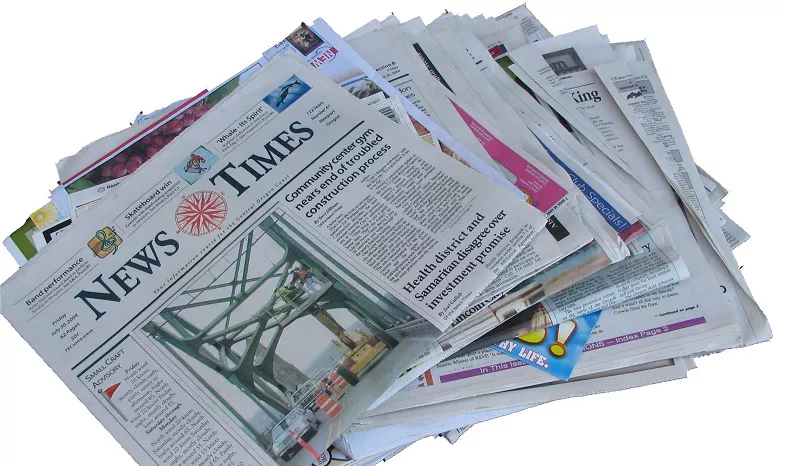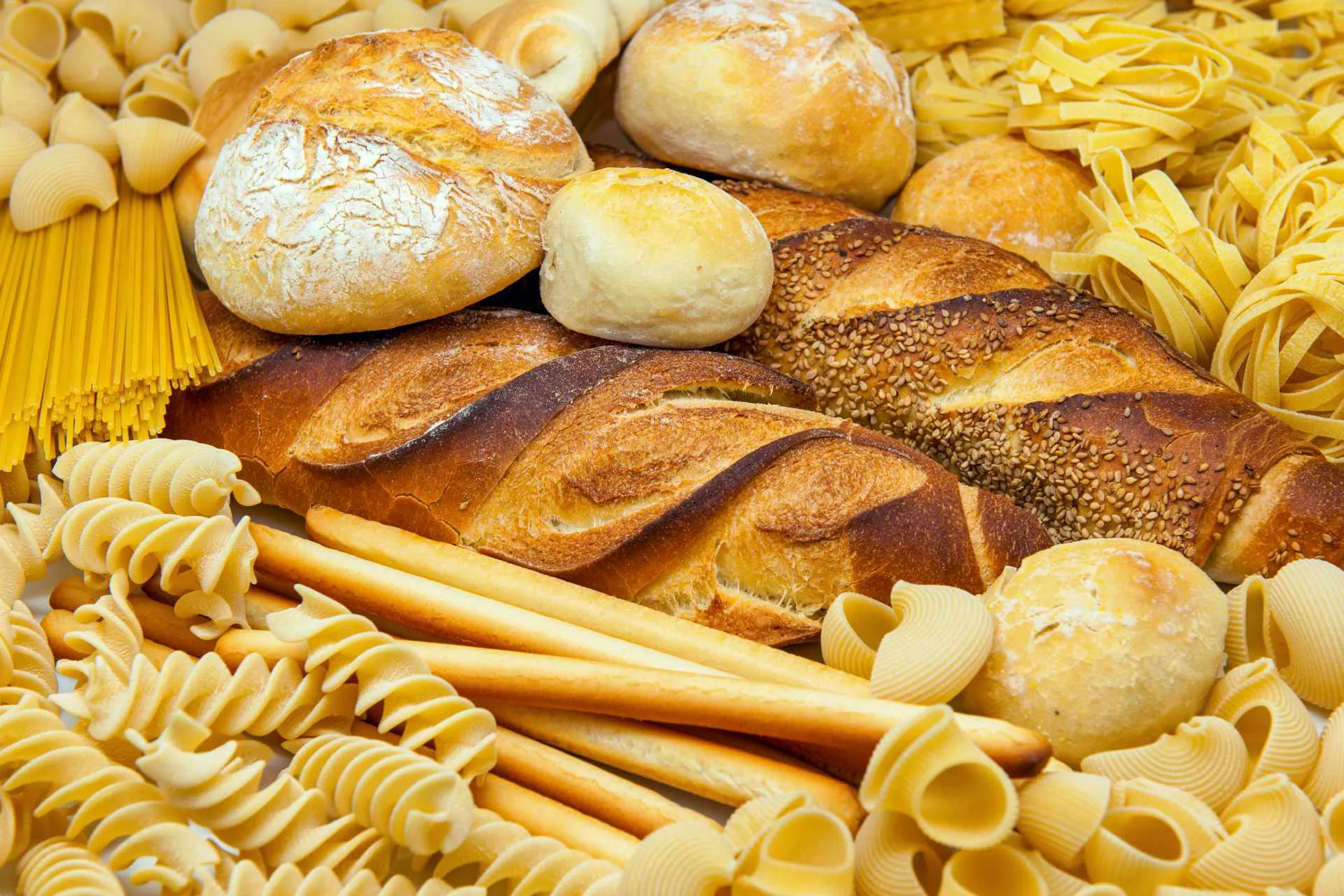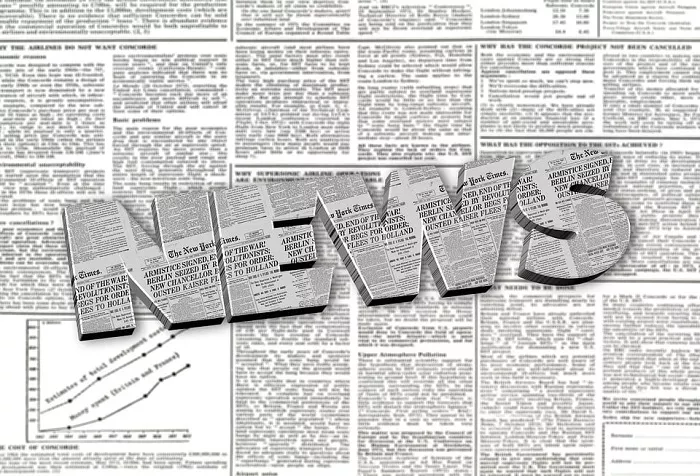Singapore is set to eliminate melamine-related import restrictions on milk products from China, marking a significant development in trade relations between the two nations. These measures, established in the wake of the 2008 milk scandal in China, will be officially lifted at the beginning of November.
The 2008 milk incident in China had far-reaching consequences, with the industrial chemical melamine being detected in local infant milk formula products. Tragically, over 290,000 individuals, primarily children, fell victim to poisoning, and at least six infants lost their lives after consuming contaminated infant milk. Melamine had been illicitly added to milk to enhance its protein concentration in order to meet national standards. In the aftermath, two individuals were executed in 2009 for their involvement in the scandal, and several others received life sentences.
Revised Import Rules
The import regulations imposed on milk, milk products, and items containing milk from China, produced on or after December 18, 2008, were conditional on compliance with certain requirements. These requirements included manufacturers testing each batch of their raw materials and final products to ensure they were free from melamine contamination. Furthermore, Chinese authorities were responsible for inspecting and testing each batch of these products and issuing health certificates with the results of melamine tests for shipments destined for Singapore.
Since 2008, China has enacted a series of measures aimed at bolstering the oversight and administrative processes governing their dairy products. These measures encompass tighter production licensing, more stringent inspection procedures, enhanced detection methods, robust monitoring and evaluation, and stricter penalties for products found to be tainted with melamine across the dairy supply chain. The Singapore Food Agency (SFA) has affirmed these developments.
It’s important to note that, although the restrictions related to melamine are being lifted, milk and milk products, including milk powder, cheese, butter, ice cream, and yogurt, imported from China will continue to be subject to SFA inspections and other relevant import requirements.
Enforcement Actions
In a separate development from Singapore, MTIA Pte has been penalized for failing to arrange an SFA inspection and for selling imported food prior to inspection. The licensed meat exporter imported 27,000 kilograms of frozen chicken products from Brazil in August 2022. The company has been fined $37,500 (U.S. $27,400) by the court. Importers are obliged to ensure that meat products are inspected, examined, and certified by an authorized examiner before they are distributed, sold, or exported.























